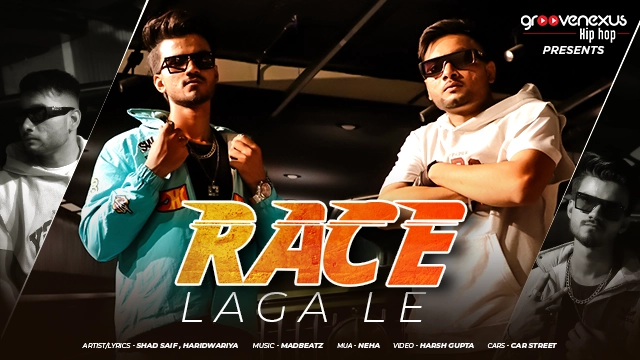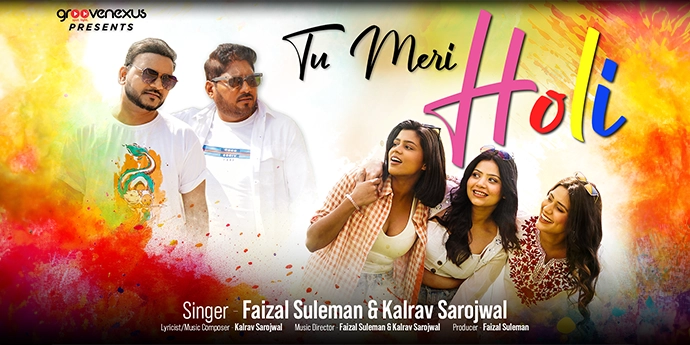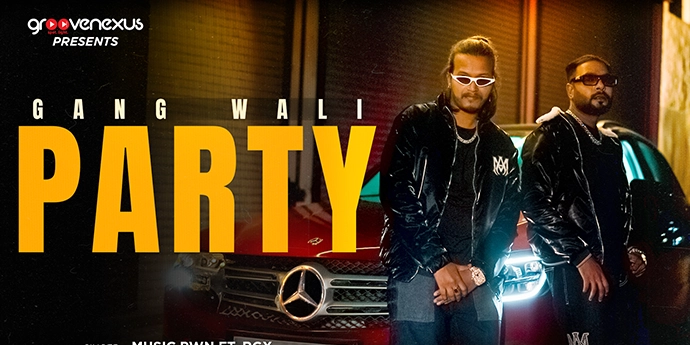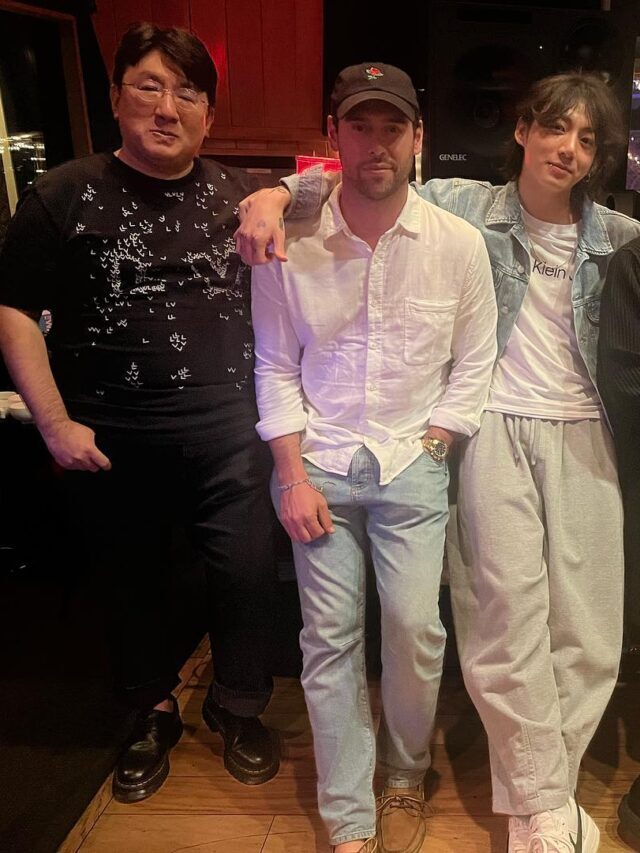Contrary to popular opinion, radio stations’ royalties seldom pay musicians for the songs that they wish to play on their FM radio broadcast. With thousands of radio stations broadcasting from across the globe, each of which broadcast’s hundreds of songs every day, a direct payment system would be impossible to implement.
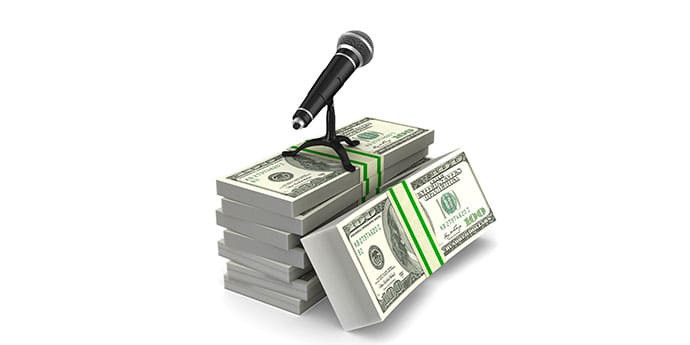
Performing Rights Organizations (PROs) are in charge of collecting performance royalties, distributing them to artists, and ensuring that everyone receives their dues.
Do radio stations pay royalties?
The straightforward solution to the inquiry: “Do radio stations have to pay royalties?” Is yes. These stations, frequently subsidized by worthy causes or business commercials, need to pay to buy a blanket license from a group called the Performance Rights Organization.
The station reports the tunes it utilizes back to the “PRO”, which allocates and distributes royalties from the permit to the appropriate agents and artists. The cycle is tangled, so it can take some time for individuals to get paid, yet everybody gets what they’re owed at last.
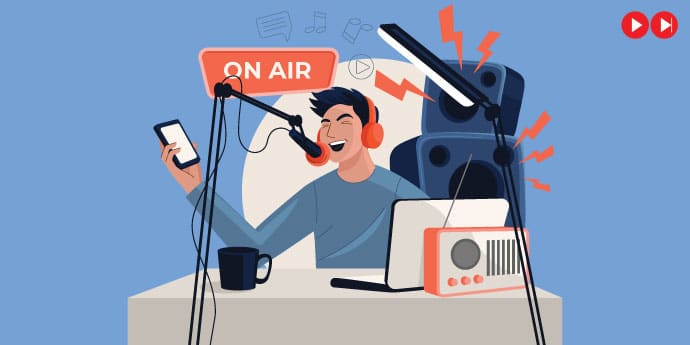
How Do Radio Royalties Work?
Before any radio royalties can be paid out, the radio station must obtain a blanket license from the local performance rights organization, which is then transferred to the radio station (s).
The radio station then sends back to the Performance Rights Organizations (PRO) the songs that it has transmitted, and the PRO utilizes this information to assign and distribute the royalties owed to the appropriate artists and their agents, as necessary.
Artists’ royalties are sometimes received more than a year after the actual broadcast occurred, which indicates that the procedure might be lengthy.
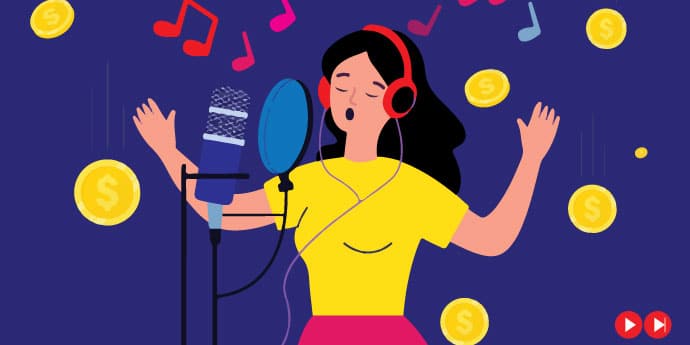
Recommended list- What are performance royalties
Do Artists Get Paid for Radio Play?
While in many regions of the world, specialists, and musicians both get royalties, this isn’t the most ideal case for recording artists, because the nation has not signed the 1961 Rome Convention. The show rules perceive the privileges of recording artists, and the royalties they’re owed.
The US is one of just four nations not paying royalties to recording artists. The issue has incited a lot of arguments throughout the long term, with numerous artists attempting to push changes in the regulation all through America.
In any case, the essential support of most US groups is radio play is “public”, and that implies it ought to be covered by public performance royalties.
Do Radio Stations have to Pay Royalties?
As may be obvious, while radio stations certainly need to pay royalties for the tunes they play through broadcast, it’s more mind-boggling than the vast majority would accept. The cost of paying for next to nothing on the radio, and how much each radio broadcast pays for each twist can be hard to get your head around.
It’s especially challenging to comprehend the idea of radio royalties in regions like the US, where just the lyricist and publisher will get anything for giving their name and title to the tune being referred to.
Luckily, there are most certainly alternate ways for living artists to bring in cash beyond royalties from US radio broadcasts.
As a rule, radio royalties make up a huge part of how cash is distributed in the music scene, and it’s most certainly something that would merit finding out about for anybody with a premium in how the radio landscape really works.
How much does Radio Royalties Pay Song on the Radio?
Producers in the music industry must be compensated for the material they provide to radio stations in order to remain in business. In the United States, only the songwriters and publishers are entitled to payments, however, this does not necessarily imply that blanket licenses are any less costly than other types of licensing.
Notably, not all radio plays will result in the same amount of royalties being paid to composers and musicians. The four separate PRO systems in the United States each have a unique system of weights and credits to determine the worth of each round.
We are sure that if you liked Radio Royalty then you would also like types of Music Royalties.
Average Amount That Radio Stations Pay Per Song
Because of the multiple considerations listed above, answering the question “How much does it cost to play a song on the radio” may be rather hard. It’s also worth remembering that radio royalties are just one sort of broad public performance payment given by PROs. There are other others as well.
Additionally, the same companies distribute performances that are broadcast on television, held in restaurants, performed in live locations, and more. It’s worth noting that the royalties are divided differently into the United States than they are in other parts of the globe.
Even though royalties are often shared 50/50 between the publisher and the writer, a songwriter who does not have a publisher will only get around half of the royalties earned. Particularly notable is the fact that even dead authors and musicians may be compensated for songs that are played on the radio for up to 75 years after their deaths.
In the United States, artists do not earn royalties. A majority of earnings due to dead creators are deposited into the estate of their respective composers. For many well-known artists, the publisher’s share, which is often approximately 50 per cent of the copyright, is connected to the publishing business and may sometimes be resold.
Conclusion
Songwriters frequently aren’t persevering about getting the royalties they merit. Our objective, as music experts, is to assist them with getting fair compensation — and to ensure that your artists get what they deserve, it’s fundamental to comprehend how the royalties are produced and distributed in your market.
We hope your doubts regarding how to use a compressor are clear. Write in the comments how did you like this post? You can also pick digital performance royalties for yourself.
If you find this blog helpful, you can read more about a strategy to release music.



